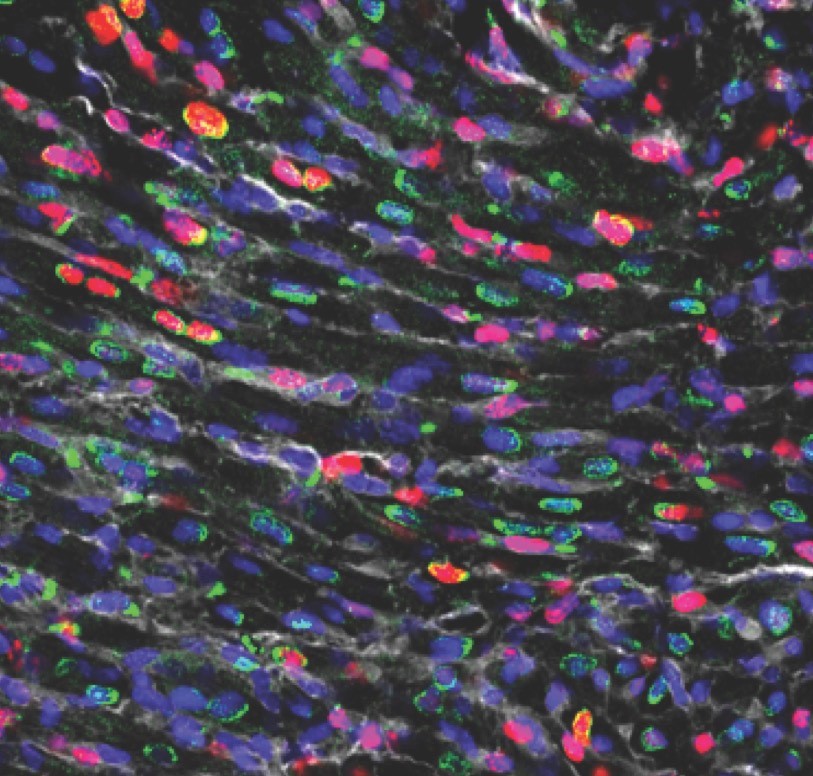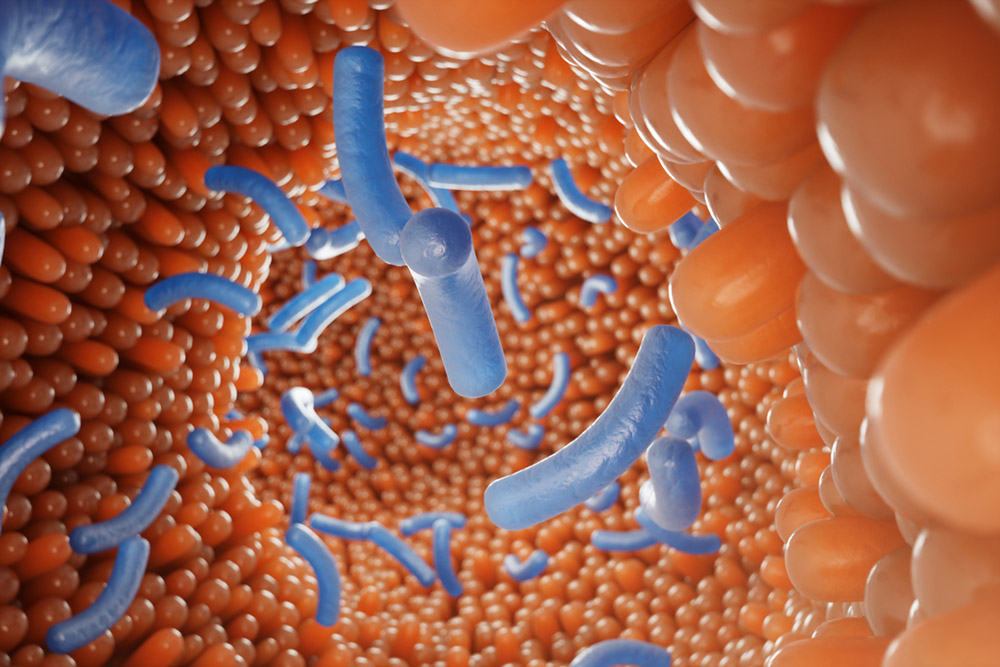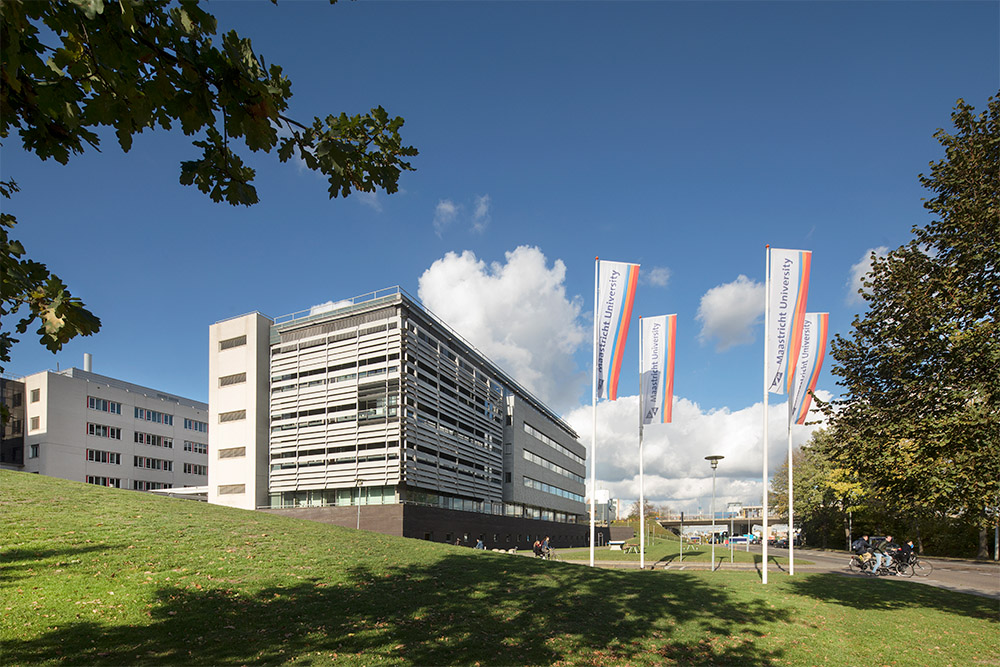News
-
Since the extension of the visit ban last June, 78 nursing home locations in the Netherlands have been monitored via a so-called monitor study by the Academic Workplaces for Elderly Care led by UM and Radboudumc
-
The Province of Limburg has awarded a second tranche of subsidy of 2,040,000 euros to the 'Kennis-As' project LIME (LImburg MEet). LIME has proven itself in recent years as an accessible and interdisciplinary knowledge center and innovation platform for healthcare.
-
15 organisations involved in animal testing in the Netherlands have signed the Dutch Transparency Agreement on Animal Testing with a commitment to communicate in a more open way about how animals are used in research. This agreement was drafted by various Dutch researchers in collaboration with the...
-
Scientists and cardiologists have known for decades that once a piece of heart muscle has died, for example due to a heart attack, it will never grow back. However, a research group from Maastricht University led by Professor Leon de Windt has now shown that by tinkering with microRNAs, heart muscle...
-
People who travel to distant destinations often take multi-resistant intestinal bacteria back home as a souvenir. These are bacteria that are not (any longer) sensitive to the usual antibiotics. This is shown by recent research by microbiologists from Maastricht University.
-
Two of the three finalists competing for the title of Science Talent 2021 are affiliated with Maastricht University (UM).
-
The UM research institute GROW and the Maastricht UMC+ Oncology Centre and have together been accredited as a Comprehensive Cancer Centre by the Organisation of European Cancer Institutes (OECI).
-
Psychologist Felicitas Biwer from Maastricht University (UM) is one of the twelve new "Faces of Science". This platform offers a glimpse into the world of PhD students, especially for 5 and 6 VWO students
-
Maastricht researchers argue that urgent measures are needed to tackle loneliness in society. Aside from their mental welfare needs, people who suffer from severe or very severe loneliness incur 40 to 50 percent higher healthcare costs up to a year later compared to people who don’t feel lonely. The...
-
The successful partnership the Living Lab in Ageing & Long-Term Care, initiated by Maastricht University, is being expanded. Having been joined by care organisations De Zorggroep, Proteion and Stichting Land van Horne in north and central Limburg, the partnership now covers the entire province.




